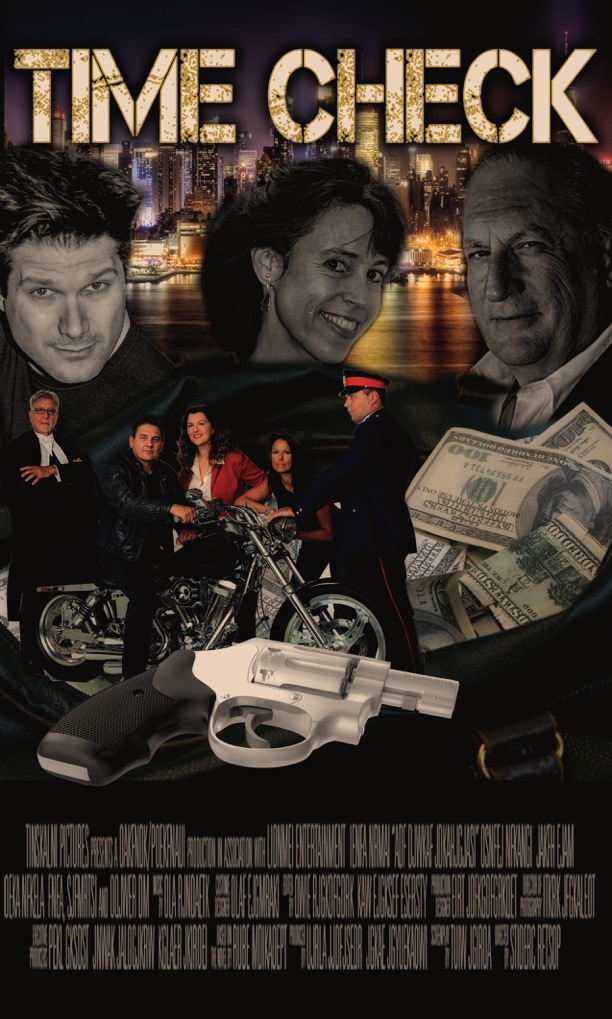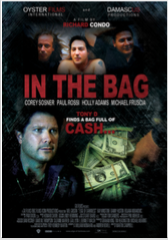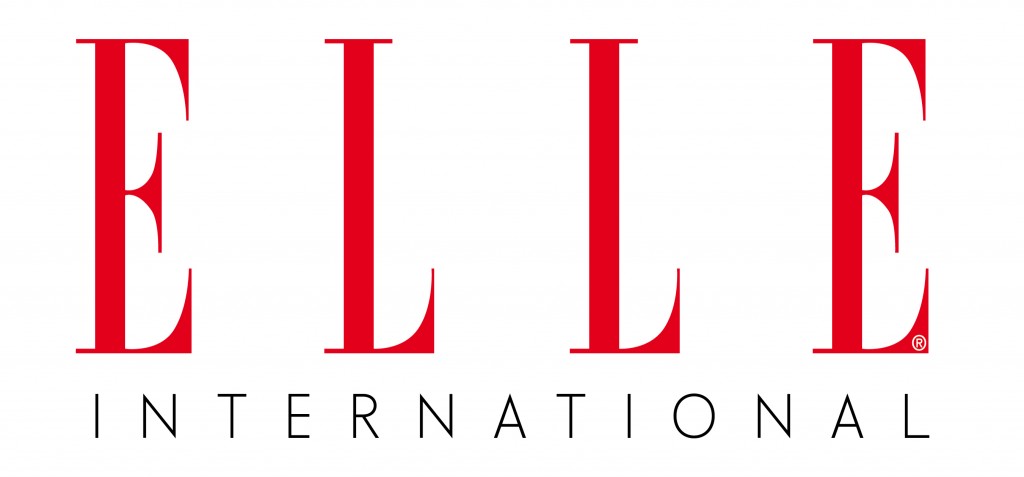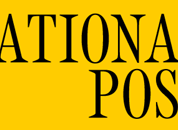Ethical nations must confront their history with moral rectitude. It is time for Canada to offer an official apology to Jewish Holocaust survivors, their families and the families of those who were murdered. Because our hands are not clean.
May 13th will mark 79 years since the ill-fated MS St. Louis set sail from Hamburg, Germany, on a journey to Havana, Cuba. Aboard the ship were 937 passengers, mostly desperate Jewish refugees fleeing Germany, a country consumed by vicious anti-Semitism, controlled by a raving, genocidal dictator who vowed to rid the world of its “Jewish problem.” Each passenger possessed a valid travel visa to enter Cuba. They had every reason to believe they’d escaped.
As the St. Louis made its way across the Atlantic Ocean, unbeknownst to the passengers, the Cuban government, facing a huge anti-Semitic backlash and beset by a corruption scandal relating to visas, cancelled the entry permits for the refugees. When they finally arrived, after a week at anchor offshore, the vast majority of the passengers were told they would not be permitted to disembark.
Their choices were limited. The MS St. Louis was barely a 90-minute sail from the shores of Miami. Surely, thought the ship’s German captain — Gustav Schroeder, a decent man who understood the plight of his distraught travellers — the United States, a country which held the hope of sanctuary for so many, would extend a hand of freedom and safety to his passengers.
Instead, the American government rejected any request for asylum. To ensure that this message would not be misunderstood, a Coast Guard vessel was ordered to very visibly follow the ocean liner.

Like today, the media became the moral watchdog of a willfully blind nation. The New York Times wrote in a heartfelt editorial, “We can only hope that some hearts will soften somewhere and some refuge be found. The cruise of the St. Louis cries to heaven of man’s inhumanity to men.”
Prominent Canadians began calling for the refugees be admitted here. But the prime minister, William Lyon McKenzie King, accepted the position of his director of immigration: “No country could open its doors wide enough to take in the hundreds of thousands of Jewish people who want to leave Europe: the line must be drawn somewhere.” The St. Louis, although only two days from Halifax on its way back across the Atlantic, sailed on, forced by necessity to return to Europe. Some passengers allowed into the United Kingdom found safety. The others landed in Holland, Belgium and France,. Those countries were later overrun by the Nazis. They rounded up the Jews and send them to concentration camps. More than 250 of those passengers that Canada, and others, refused to help, were murdered.
No country could open its doors wide enough to take in the hundreds of thousands of Jewish people who want to leave Europe: the line must be drawn somewhere
Professors Irving Abella and Harold Troper have studied this grim part of our history, and noted our anti-Semitic immigration policies during the Holocaust in their seminal study None is too Many. “It was a Canada,” as Abella wrote elsewhere, “with immigration policies that were racist and exclusionary, a country blanketed by an oppressive anti-Semitism in which Jews were the pariahs of Canadian society, demeaned, despised and discriminated against.”
Today we have a different Canada, one that values diversity and pluralism. Canada today is offering official apologies for policies that were bigoted, racist and homophobic. It has been a steep learning curve for Canadians. Yet with historic apologies to Indigenous peoples for a cultural genocide committed against them through the residential school system, and with similar national apologies to the Sikh, Japanese and LGBTQ communities for historical wrongs, Canada has become a leader in teaching the world of the power of a simple phrase: “We’re sorry.”
A recent poll by The Conference on Jewish Material Claims against Germany, a respected Jewish organization, shows that fully “one-fifth of millennials either haven’t heard of or are not sure if they have heard of the Holocaust.” And recently released hate crimes statistics collected by Canadian police have once again placed the Jewish community on top of the haters lists. An official national public apology for Canada’s actions against Jewish refugees during the Holocaust would be a powerful lesson for all, especially the young Canadians who are most at risk of forgetting the painful historical lessons we were supposed to have learned. Owning up to the errors of our past will help ensure that such evil, discriminatory policies never again see the light of day.
Bernie M. Farber is former CEO of Canadian Jewish Congress, the recently retired executive director of Mosaic Institute, a writer and social justice advocate.


























